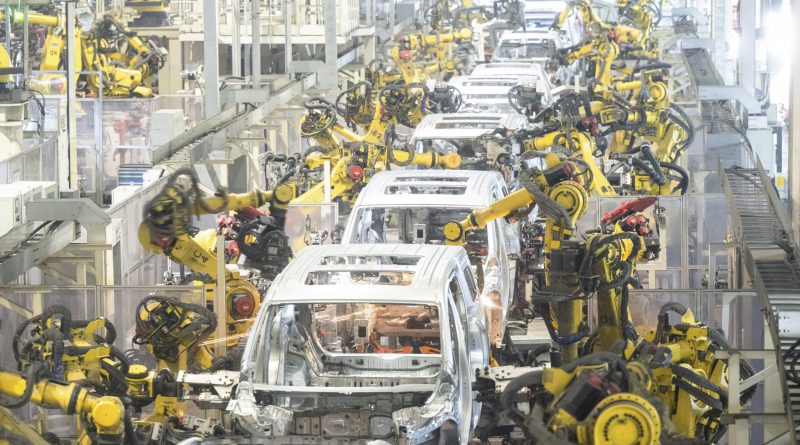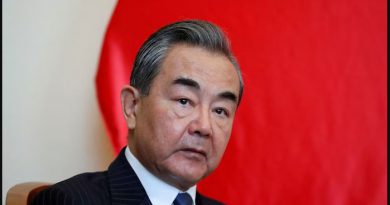China Pushes for Greater Transparency in Automotive Pre-Sale Orders
Beijing – China’s automotive industry is stepping up efforts to improve transparency and accuracy in pre-sale order reporting, following recent reports highlighting inconsistencies in the data provided by some automakers. The initiative is part of a broader push to strengthen consumer confidence, enhance market stability, and ensure sustainable growth in the world’s largest car market.
According to reports by China’s state media, including the Xinhua Daily Telegraph, certain automakers have in the past reported pre-sale orders that exceeded actual delivery numbers. While the reports did not identify specific companies, they noted that some employees were asked to place refundable deposits or engage with third-party services to create an appearance of stronger pre-sale performance.
Officials and industry experts emphasize that accurate reporting of car orders is critical for both investors and consumers, ensuring that production aligns with actual market demand. The practice of inflating numbers has drawn regulatory attention, highlighting the need for stronger oversight and standardization in reporting practices.
China’s Ministry of Industry and Information Technology (MIIT) recently announced a three-month campaign to promote compliance and crack down on false marketing or online irregularities in the automotive sector. The campaign is aimed at fostering a more reliable and sustainable automotive ecosystem, allowing companies to plan production efficiently while providing consumers with accurate information.
Industry leaders have expressed support for the initiative, noting that responsible reporting benefits the sector as a whole. Nio CEO William Li told reporters earlier this month that his company maintains strict reporting standards and does not inflate pre-sale numbers.
“Our approach ensures that customers and investors can trust the numbers we report,” Li said, highlighting a growing industry focus on transparency and credibility.
Analysts note that some of the past challenges in reporting were influenced by marketing tactics and competition within China’s rapidly expanding automotive market.
Similar practices had been observed in other sectors, such as smartphones, where pre-order numbers were sometimes used to demonstrate market strength. By addressing these practices, regulators and companies are working together to create a more accurate and accountable market environment.
The reforms are expected to deliver tangible benefits for all stakeholders. Consumers will have a clearer understanding of vehicle availability and delivery timelines, while investors will be able to make decisions based on verified and reliable data.
For automakers, better reporting practices will allow for optimized production, reduced waste, and more effective response to real market demand.
This shift toward transparency also reflects broader policy objectives in China, which is seeking to balance production capacity with genuine market demand, moving toward a quality-driven and sustainable industrial model. Strengthening reporting standards helps ensure that growth in the automotive sector is sustainable, technology-focused, and consumer-oriented.
Government oversight and collaboration with the industry are central to these efforts. The campaign encourages companies to adopt best practices in marketing, data reporting, and compliance, contributing to a stable and trustworthy market. Analysts say companies that embrace these reforms will not only improve their reputations but also support the long-term health of the industry.
China’s automotive market, the largest in the world, continues to grow while undergoing a process of maturation. Industry experts predict that the focus on accuracy and transparency will encourage competition based on product quality, technology, and consumer experience rather than inflated pre-sale numbers. Companies that prioritize innovation and customer satisfaction are expected to benefit the most in this evolving environment.
The reforms are also seen as an opportunity for the sector to innovate. By reducing reliance on inflated pre-sale figures, automakers can focus on research and development, advanced vehicle technologies, and improved services, creating a market where genuine demand drives production and growth.
In conclusion, China’s automotive sector is moving toward greater transparency and accountability in pre-sale order reporting, a step that is expected to strengthen consumer trust, enhance investor confidence, and promote sustainable growth. With government oversight, industry collaboration, and leadership from companies committed to ethical practices, the market is positioned for continued development, innovation, and stability.



